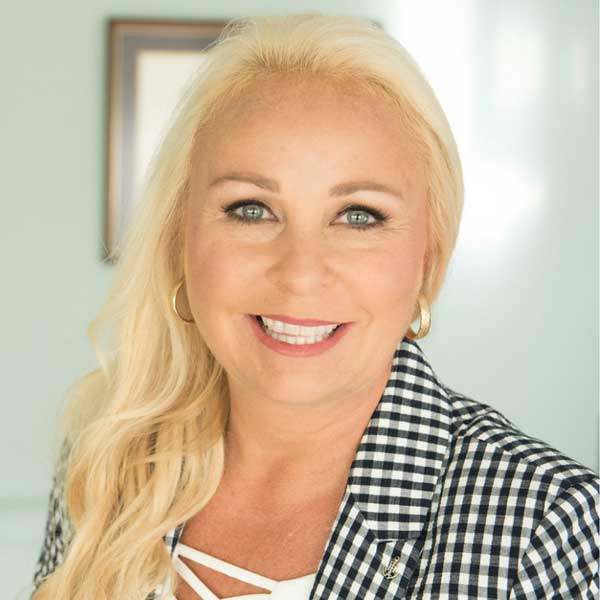
The scariest reality of our business in long-term care is that people are living longer lives and staying in their homes longer. This doesn’t mean they don’t need long-term care. No, quite the contrary. It means they are coming to us older, sicker, frailer, and with more complex health conditions.
At the same time, there is overwhelming growth in the number of people being diagnosed with Alzheimer’s disease and other forms of dementia – and this is a disease that is affecting people at younger and younger ages.
We need to provide a broader range of services in long-term care, because we are caring for 44-year-olds next to 104-year-olds. We are expanding our services to include rehabilitation units, tele-medicine and community-based services, which is exciting, but it’s also frightening because we already operate at a 1% margin.
If your organization is anything like ours (Loretto in Syracuse, NY), you rely on Medicaid funding. And we’re not the only ones. Baby boomers – you know, that huge generation that is making its way into our facilities – are becoming more heavily reliant on Medicaid funding, too.
This generation of baby boomers has a champagne taste, but a beer budget. They want more personalized care and services, they are tech savvy, and they see themselves as “consumers” of health services. But many haven’t saved enough for the additional years of retirement (and life) they are now experiencing. They certainly didn’t plan to see a centennial milestone. And because of that, most will need assistance like Medicaid in their later years.
With the recent tax cuts, the federal deficit will reach $2 trillion by 2030. We all know this will necessitate entitlement reform in the Social Security, Medicare and Medicaid programs.
Think back to the generation I just mentioned. With 80 million aging baby boomers, it will be very difficult to reduce or restrict benefits in Social Security and Medicare because it’s a social contract deeply engrained in our nation.
It will be relatively easier to reduce or restrict Medicaid and other benefits to support the safety net, which includes 70% of individuals in nursing homes.
Medicaid in New York State already pays below the cost of care for nursing home services at an average of $206 per day. And the New York Governor’s proposed budget recently called for $550 million in cuts to Medicaid this year. I’m not sure about your organizations, but this would have a $3.5 million impact on Loretto’s skilled nursing facilities.
On this emotional roller coaster, we see these proposed cuts opposed Senate and Assembly, and the Governor pulled them back due to the anticipated loss of federal matching dollars.
In addition to the challenges we anticipate at the state level, President Trump’s proposed budget calls for a $1.5 trillion cut to Medicaid over 10 years, and a $845 million cut to Medicare.
Without this funding, there isn’t any other cost structure to support the services that we need to provide.
Not to mention there’s the clinical workforce shortage. An aging population and expanding healthcare coverage means there are more patients to care for, but the supply of workers is decreasing.
These are the things that keep me up at night. The silver bullet has yet to be identified. It’s something we discuss on the Board of Directors for LeadingAge in New York and at the national level, the New York State Workforce Investment Board, CEO Roundtables, and many other dedicated industry task forces in which I am involved.
But I refuse to stand by passively and wait for devastation. At Loretto, we are actively seeking, inventing and implementing creative ways to diversify our services (and income) as well as providing unique benefits that attract talent from within the industry and even those who may not have previously considered a clinical career, while also investing in educational and career advancements for our current staff.
But even this comes back to Medicaid. We need funding for our services in order to be able to continue to invest in employees at this level.
Loretto will continue to advocate against cuts to Medicaid, but also will persist to innovate our care and diversify our programs to keep up with the increasing demands of our future older adult populations.
I genuinely hope that many of you are taking the same approach, and I welcome a discussion on these topics with other leaders in the industry.
Kimberly Townsend, Ed.D., is President and CEO at Loretto in Syracuse, NY.





